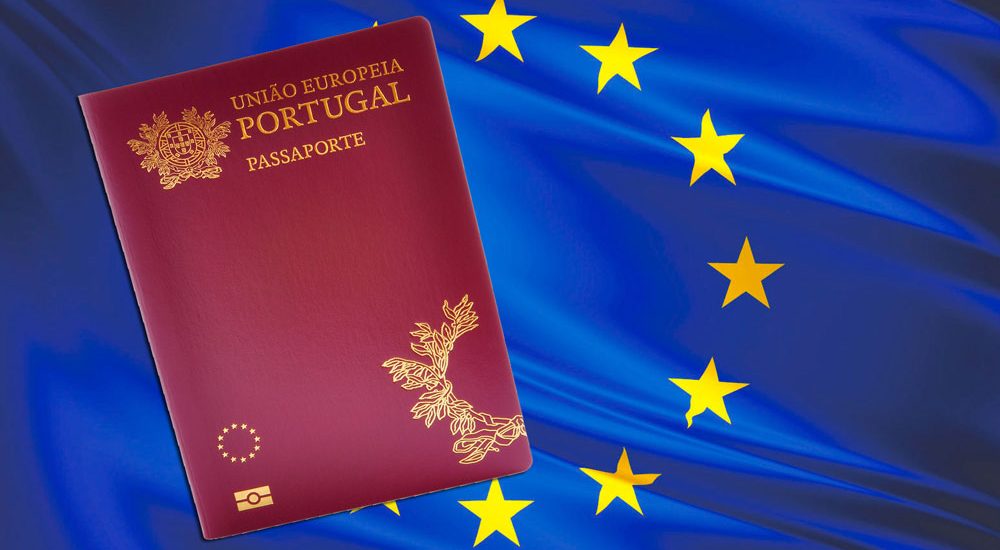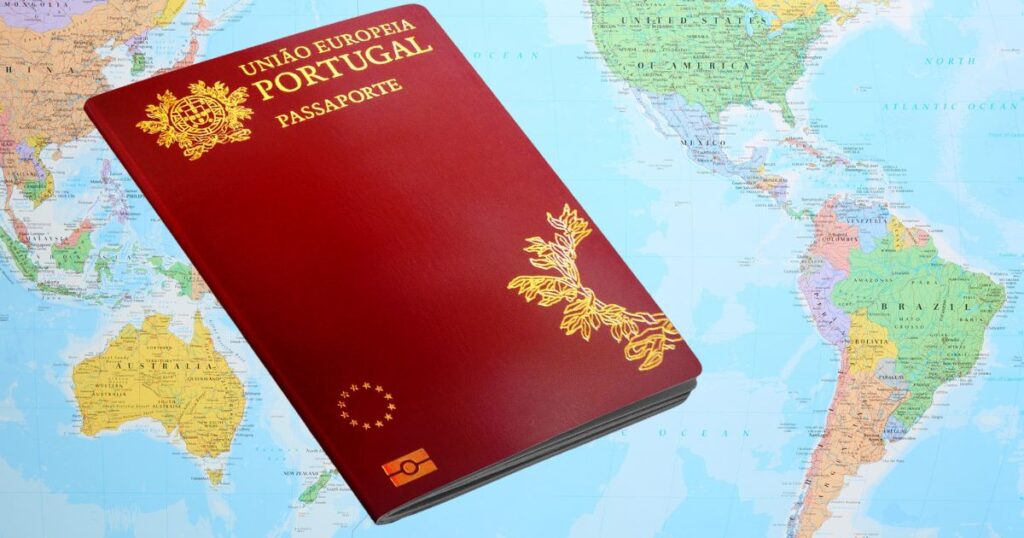In a free world, Global citizenship is a radical cosmopolitan idea of globally minded individuals and communities transcends from humanity as a whole, breaking all social, geographic or political barriers. They are the citizens of the world. One good example is having multiple citizenships (and passports) from different countries automatically makes you a global citizen where you get unrestricted privileges of live, work, study and travel freely. The more the citizenships you possess more the merry, expanding your freedom around the world.
The idea of global citizens is nothing new have been advocated for centuries. Proponents of this philosophy often point to Diogenes of Sinope (c. 412 B.C.) as an example, given his reported declaration that “I am a citizen of the world (κοσμοπολίτης, cosmopolites)” in response to a question about his place of origin. A Tamil term, “Yadhum oore yaavarum kelir”, has the meaning of “the world is one family”. The statement is not just about peace and harmony among the societies in the world, but also about a truth that somehow the whole world has to live together like a family.
Global pollsters and psychologists have studied individual differences in the sense of global citizenship. Beginning in 2005, the World Values Survey (WVS), administered across almost 100 countries, included the statement, “I see myself as a world citizen”. In the WVS Wave 6, conducted from 2010 to 2014, across the globe 29.5% “strongly agreed” and another 41% “agreed” with this statement.
According to IMF study in 2015 , A whole new industry of residence and citizenship for investments has emerged over the past few years, catering to a small but rapidly growing number of wealthy individuals interested in acquiring the privileges of visa free travel or the right to reside across much of the developed world, in exchange for a significant financial investment.
The rapid growth of private wealth, especially in emerging market economies, has led to a significant increase in affluent people interested in greater global mobility and fewer travel obstacles posed by visa restrictions, which became increasingly burdensome after the terrorist attacks of September 11, 2001. This prompted a recent proliferation of so-called citizenship-by-investment or economic citizenship programs, which allow high-net-worth people from developing or emerging economy countries to legitimately acquire passports that facilitate international travel. In exchange, countries administering such programs receive a significant financial investment in their domestic economy.
Economic Citizenship
Economic citizenship programs are administered by a growing number of small states in the Caribbean and Europe. Their primary appeal is that they confer citizenship with minimal to no residency requirements. Dominica, St. Kitts and Nevis, and several Pacific island nations have had such programs for years: the St. Kitts and Nevis program dates back to 1984. More recently, a number of new programs have been introduced or revived, including by Antigua and Barbuda, Grenada, and Malta, with St. Lucia the most recent addition to the list. While some of these programs have been in place for years, they have only recently seen a substantial increase in applicants, with a corresponding surge in capital inflows.
Economic Residence
Similarly, economic residency programs were recently launched across a wide range of (generally much larger) European countries, including Bulgaria, France, Hungary, Ireland, the Netherlands, Portugal, and Finance & Development December 2015 49 Spain. Almost half of EU member states now have a dedicated immigrant investor route. Also known as golden visa programs, these arrangements give investors residency rights—and access to all 26 Schengen Area countries, which have agreed to allow free movement of their citizens across their respective borders—while imposing minimal residency requirements (see table). Although these programs differ in that one confers permanent citizenship while the other provides just a residency permit, they both allow access to a large number of countries with minimal residency requirements, in return for a substantial investment in their economies.
In contrast, some advanced economies, such as Canada, the United Kingdom, and the United States, have had immigrant investor programs since the late 1980s or early 1990s, offering a route to citizenship in exchange for specific investment conditions, with significant residency requirements. In 2014, Canada eliminated its federal immigrant investor program, but the provinces of Quebec and Prince Edward Island continue to run a similar scheme that leads to Canadian citizenship. And the United Kingdom and the United States continue to run and expand their programs. The cost and design of the programs vary across countries, but most involve an up-front investment, in the public or the private sector, combined with significant application fees and an amount to cover due diligence costs. The programs in the Caribbean allow for either a large non-refundable contribution to the treasury or to a national development fund, which finances strategic investment in the domestic economy, or an investment in real estate (which can be resold after a specified holding period). Other programs provide the option to invest in a redeemable financial instrument, such as government securities.





